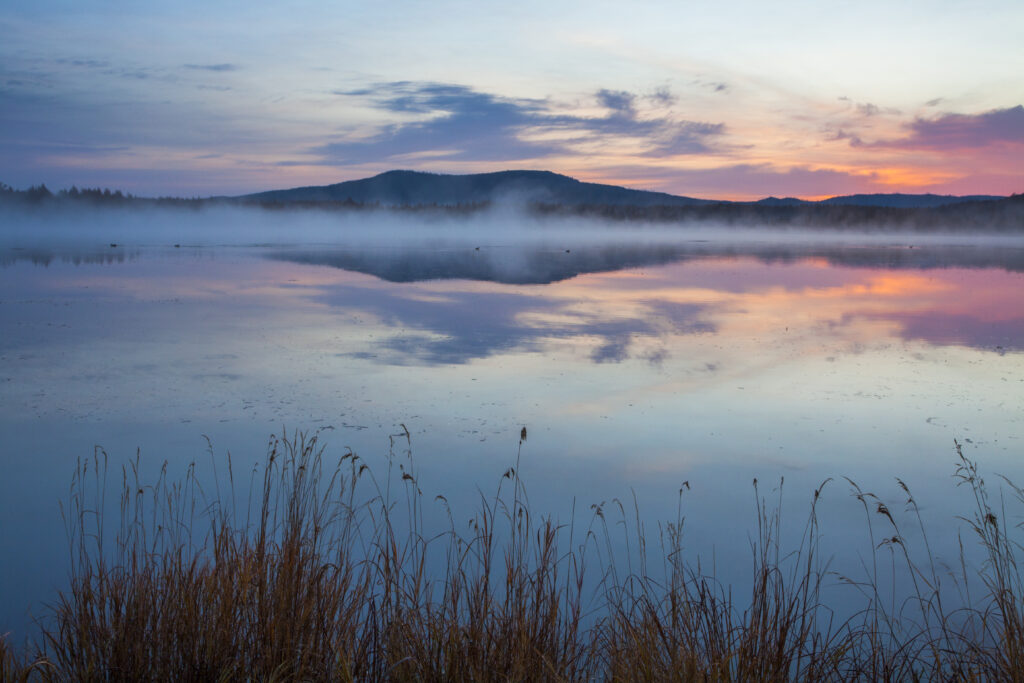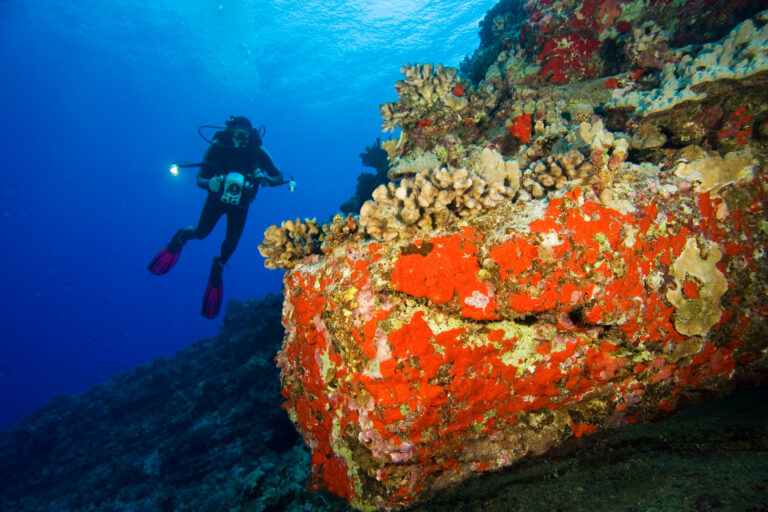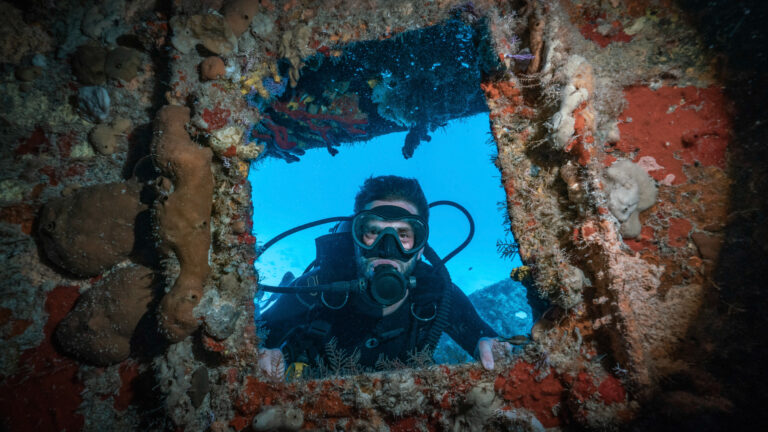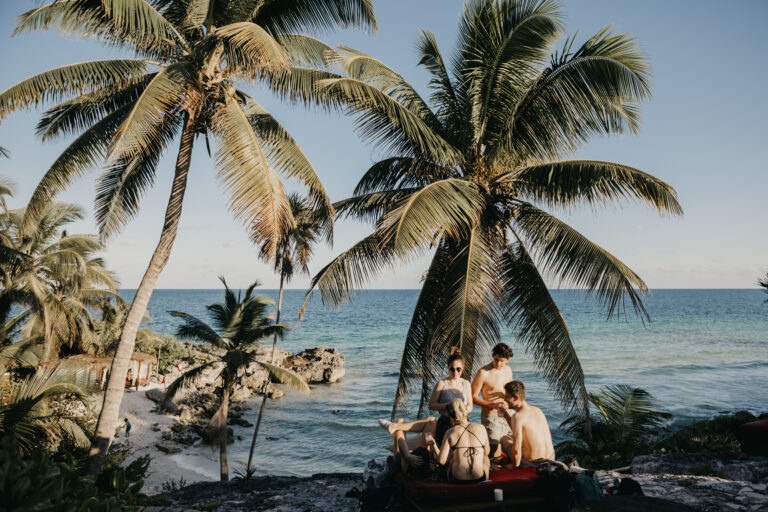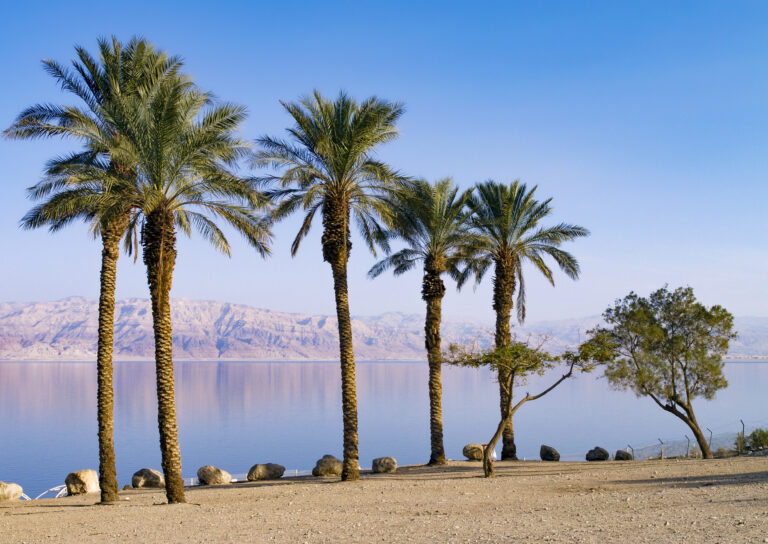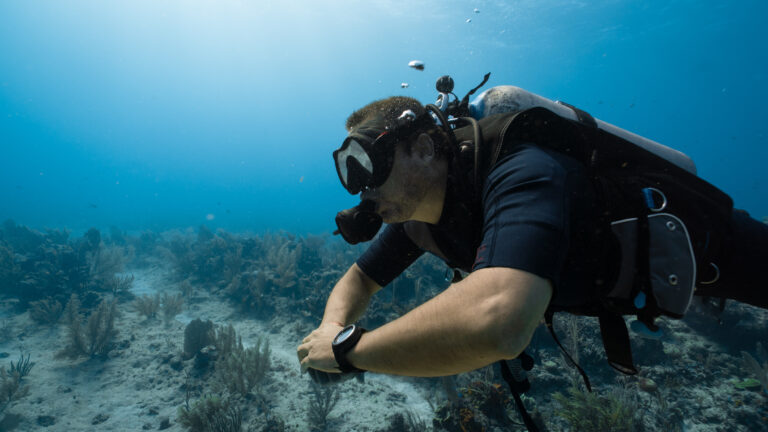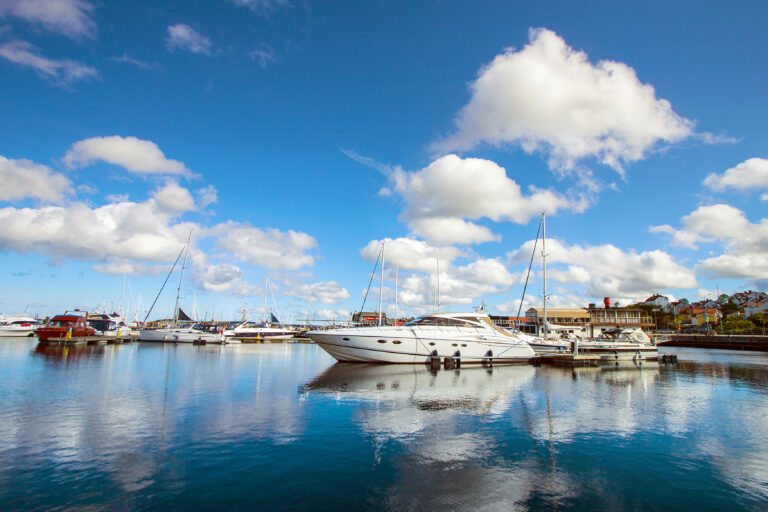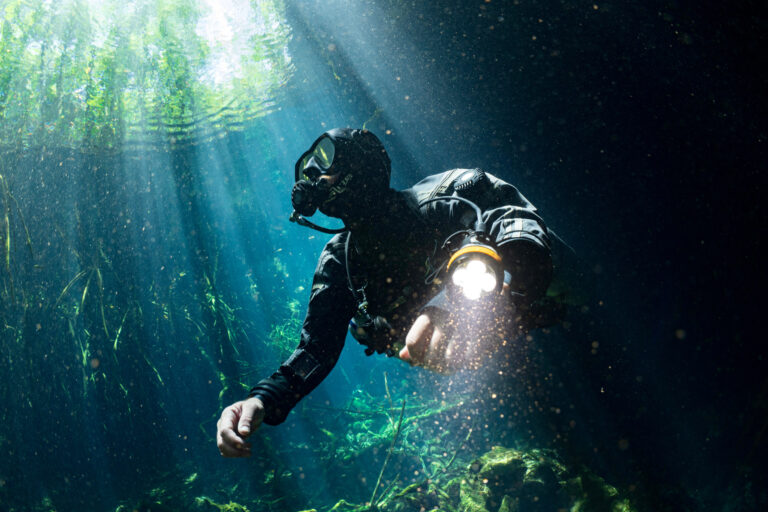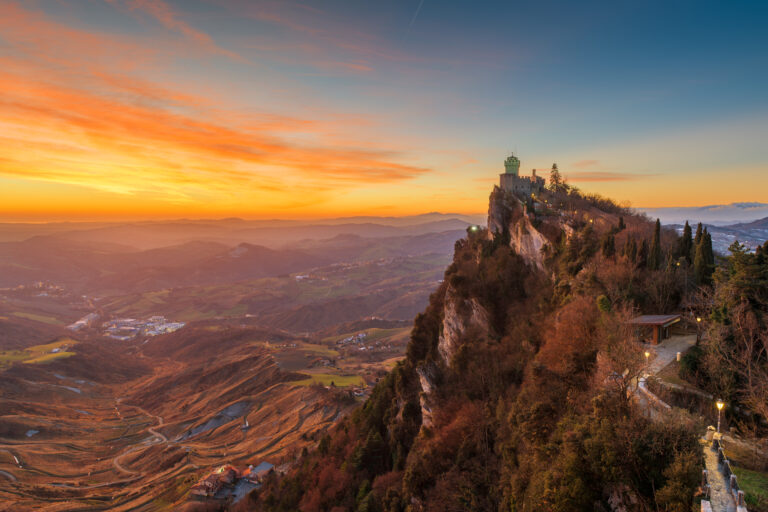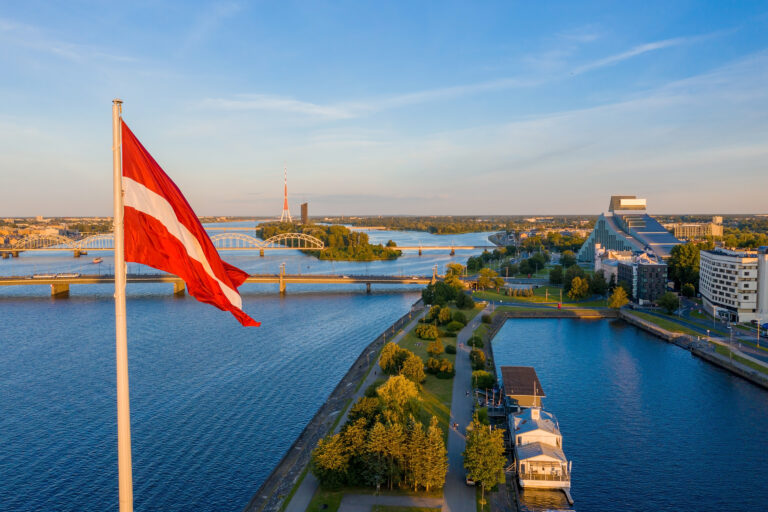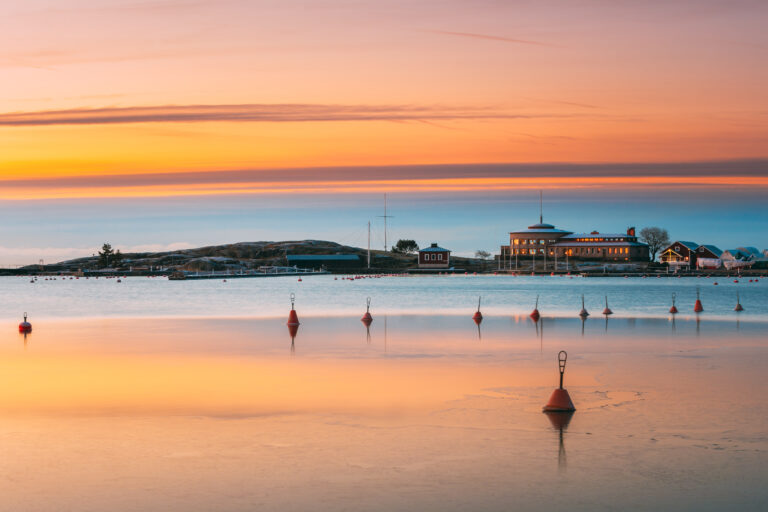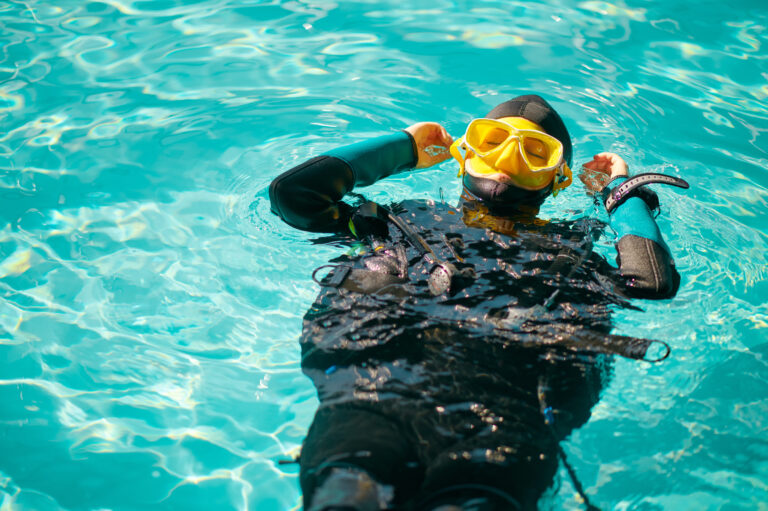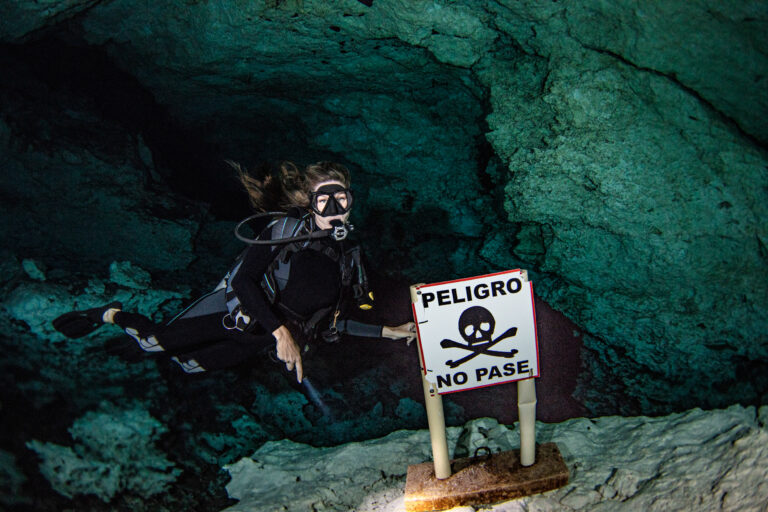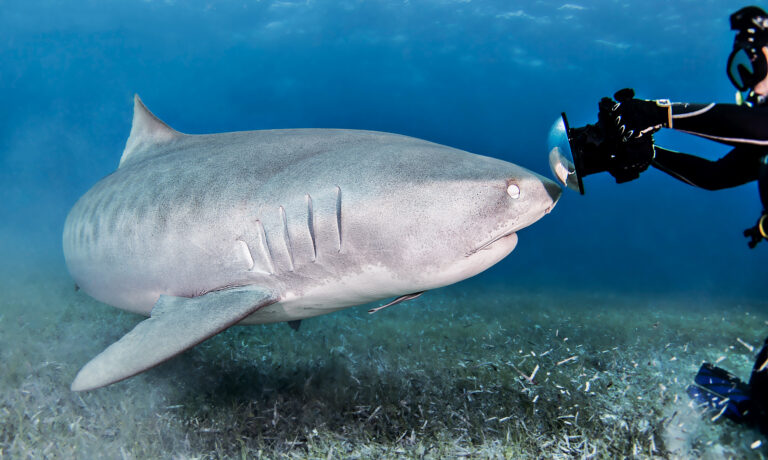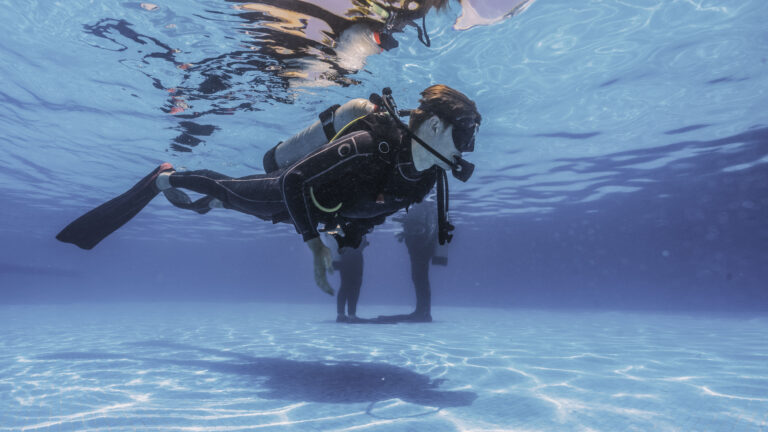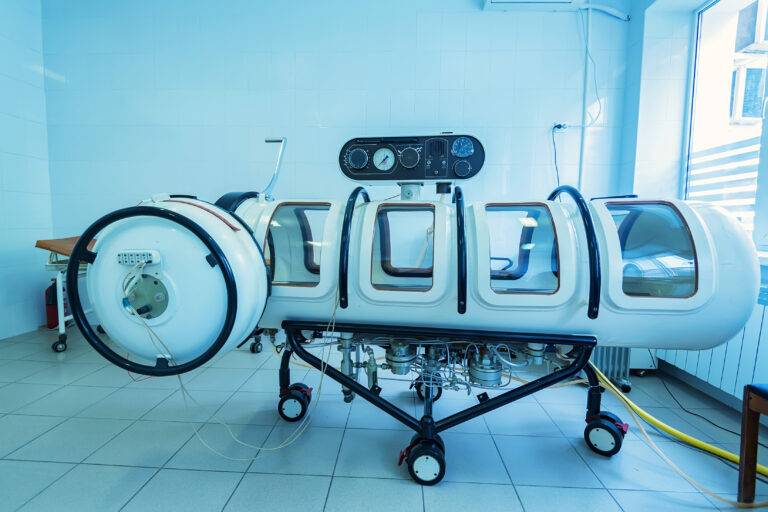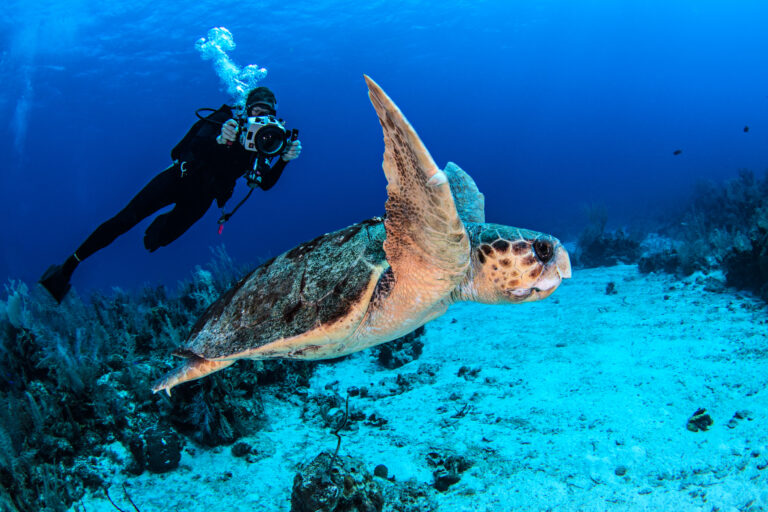SCUBA DIVERS’ TRAVEL GUIDE TO Mongolia
Mongolia may not be the first destination that comes to mind when you think of scuba diving, but this landlocked country has some hidden gems for adventurous divers. From crystal-clear lakes to ancient ruins, Mongolia offers a unique and diverse underwater experience. You can explore the submerged remains of a 13th-century city in Lake Khovsgol, the largest freshwater lake in Mongolia. Or you can dive in Lake Terkhiin Tsagaan, a volcanic lake that is home to rare fish and birds. You can also enjoy the stunning scenery and wildlife of Mongolia’s vast grasslands and mountains, where you can encounter nomadic tribes, wild horses, and eagles. Mongolia is a destination that will surprise and delight you with its rich culture, history, and natural beauty.
LOCATION AND GEOGRAPHY
Mongolia, a landlocked country in East and Central Asia, bordered by Russia to the north and China to the south, may not be the first destination that comes to mind for scuba diving enthusiasts due to its geographical location far from any ocean. However, Mongolia offers a unique freshwater diving experience in its crystal-clear lakes, the most famous of which is Lake Khövsgöl, known as the “Blue Pearl of Mongolia.” Nestled among the forested mountains of the Mongolian taiga and the Siberian tundra, Lake Khövsgöl is the second-most voluminous freshwater lake in Asia, holding nearly 70% of Mongolia’s fresh water. Diving in this ancient lake, which is estimated to be over two million years old, divers can explore a world of underwater clarity with visibility up to 20 meters, encountering endemic species and witnessing the fascinating geological formations that tell the story of the region’s natural history. While Mongolia’s rugged terrain and extreme continental climate with cold winters may pose challenges, the country’s unique diving locations offer an unparalleled adventure for those willing to venture into its underwater wilderness.
VISA AND ENTRY REQUIREMENTS
Mongolia, a landlocked country renowned for its vast rugged expanses and nomadic culture, is not a traditional scuba diving destination. However, for those looking to explore its unique freshwater diving opportunities, such as Lake Khövsgöl, the second-most voluminous freshwater lake in Asia, it’s important to be aware of visa and entry requirements. Most travelers will need to obtain a visa before arrival, which can be done at Mongolian embassies or consulates abroad. Visa requirements vary depending on your nationality, with some countries eligible for visa-free entry for short stays. Ensure you check the latest information from official sources or your local Mongolian embassy well in advance of your trip. Additionally, you’ll need a valid passport with at least six months remaining before expiration and at least one blank page for the entry stamp. Upon arrival, you may be asked to provide proof of return or onward travel, and sufficient funds for your stay. Always keep abreast of any changes to visa policies and entry requirements, as these can change without much notice.
GETTING TO Mongolia
Mongolia, a landlocked country famed for its vast rugged expanses and nomadic culture, may not be the first destination that comes to mind for scuba diving enthusiasts. However, for those looking to dive in its unique freshwater lakes, getting to Mongolia typically involves flying into Ulaanbaatar, the nation’s capital and largest city. International flights primarily connect through major cities such as Beijing, Moscow, Seoul, and Tokyo. Once in Ulaanbaatar, travelers can explore the limited but growing number of diving opportunities in the country’s pristine lakes, such as Lake Khövsgöl, known as the “Blue Pearl of Asia.” To reach these remote inland dive sites, one can expect to travel by domestic flight, chartered plane, or by embarking on a road trip across the scenic but often challenging Mongolian terrain, which may include unpaved roads and river crossings. It’s essential to plan this leg of the journey carefully, often with the help of local tour operators who specialize in adventure travel and are familiar with the region’s logistics.
BEST TIME TO DIVE
Mongolia, a landlocked country renowned for its vast steppes and nomadic culture, may not be the first destination that comes to mind for scuba diving enthusiasts. However, for those seeking a truly unique underwater experience, Mongolia offers the opportunity to dive in Lake Khövsgöl, one of the clearest freshwater lakes in the world. The best time to scuba dive in this remote and pristine lake is during the summer months, from June to August, when the ice has melted and the water temperatures are more comfortable, ranging from 5 to 10 degrees Celsius (41 to 50 degrees Fahrenheit). Visibility during this period can exceed 20 meters (65 feet), allowing divers to explore the lake’s intriguing underwater landscapes and endemic species. It’s important to note that diving in Lake Khövsgöl is for the adventurous diver, as the facilities are basic and the cold water requires appropriate thermal protection.
ACCOMMODATION OPTIONS
Mongolia, a landlocked country famed for its vast rugged expanses and nomadic culture, may not be the first destination that comes to mind for scuba diving enthusiasts. However, for those looking to combine their passion for diving with a taste of adventure in freshwater lakes, Mongolia offers a unique experience. Accommodation options for divers are centered around Lake Khövsgöl, known as “The Blue Pearl of Mongolia,” which is one of the few places in the country suitable for scuba diving. Here, visitors can find a range of stays from traditional ger camps, which offer a rustic and authentic Mongolian experience, to more comfortable lodges with modern amenities. These accommodations often provide diving packages that include equipment rental and guided dives. Given the remote nature of diving locations in Mongolia, it’s advisable to book accommodation well in advance and confirm the availability of diving services to ensure a seamless experience exploring the underwater wonders of this unexpected diving locale.
DIVE OPERATORS AND DIVE SHOPS
Mongolia, a landlocked nation renowned for its vast, rugged expanses and nomadic culture, may not be the first destination that comes to mind for scuba diving enthusiasts. However, the country offers a unique diving experience in its crystal-clear freshwater lakes, particularly in Lake Khövsgöl, known as the “Blue Pearl of Mongolia.” While Mongolia’s dive industry is not as developed as coastal destinations, there are a handful of dive operators and shops that cater to those looking to explore the underwater wonders of this unexpected locale. These operators are typically based in Ulaanbaatar, the capital, and offer guided trips to the lake, including transportation, equipment rental, and dive excursions. Given the limited number of dive shops, it is advisable to arrange your diving adventures well in advance and confirm the availability of equipment and guides. Diving in Mongolia is a seasonal activity, with the best conditions from June to September, when the ice has melted and visibility is at its peak. Always ensure that the dive operator you choose is certified and follows safety protocols, as diving in high-altitude lakes presents unique challenges.
TRANSPORTATION WITHIN Mongolia
Mongolia, known for its vast and rugged expanses, is not typically associated with scuba diving due to its landlocked nature and absence of traditional tropical dive sites. However, for the adventurous diver seeking a unique experience, Mongolia offers the opportunity to explore the crystal-clear waters of Lake Khövsgöl, known as the “Blue Pearl of Asia.” Transportation within Mongolia can be challenging due to its sparse infrastructure and vast distances. To reach diving spots, divers often rely on domestic flights from Ulaanbaatar to the nearest town of Murun, followed by a journey via rented 4×4 vehicles or local tour operators who provide transport services to Lake Khövsgöl. The journey can be long and arduous, but it is part of the adventure in this remote and beautiful country. It is essential to plan transportation well in advance and consider hiring a local guide or joining an organized tour to ensure a safe and reliable travel experience to Mongolia’s hidden underwater treasures.
CURRENCY AND PAYMENT METHODS
Mongolia, known for its vast landscapes and nomadic culture, is not typically associated with scuba diving due to its landlocked geography. However, for the adventurous diver seeking a unique experience, Mongolia offers the opportunity to explore the crystal-clear waters of Lake Khövsgöl, known as the “Blue Pearl of Asia.” When it comes to currency and payment methods, Mongolia uses the Mongolian tögrög (MNT). It is advisable to exchange some currency to tögrög for smaller purchases and local markets, as international credit cards may not be widely accepted, especially in more remote areas near diving spots. ATMs are available in larger towns and cities, but can be scarce elsewhere. Therefore, it’s recommended to carry sufficient cash when traveling to diving locations. While some dive shops and tourist-oriented businesses may accept USD or Euros, it’s prudent to inquire ahead and confirm the preferred payment methods. Always ensure you have a mix of cash and accessible funds through internationally recognized credit or debit cards for your underwater adventure in Mongolia.
LANGUAGE AND COMMUNICATION
Mongolia, a landlocked country famed for its vast rugged expanses and nomadic culture, may not be the first destination that comes to mind for scuba diving enthusiasts. However, for those looking to explore the depths of its pristine freshwater lakes, such as Lake Khövsgöl, known as the “Blue Pearl of Mongolia,” understanding the nuances of language and communication is essential. Mongolian is the official language, and while English proficiency is growing, especially in urban areas and within the tourism sector, it is not widely spoken across the country. Divers should learn basic Mongolian phrases or consider hiring a local guide who can translate and facilitate interactions with the local diving community. Hand signals, universally recognized in the diving world, remain the primary mode of communication underwater. It is also advisable to carry a waterproof dive slate or underwater communication device to aid in more complex interactions beneath the surface.
LOCAL CULTURE AND ATTRACTIONS
Mongolia, a landlocked nation far from the traditional scuba diving locales, may not be the first destination that comes to mind for underwater exploration. However, it offers a unique cultural tapestry and attractions that can complement the adventurous spirit of a diver. The vast steppe, home to the nomadic traditions of the Mongolian people, provides a stark contrast to the underwater world. Visitors can immerse themselves in the local culture by staying in a traditional ger (yurt), enjoying the hearty flavors of Mongolian cuisine, and witnessing the ancient art of eagle hunting. While Mongolia’s Lake Khövsgöl, known as the “Blue Pearl of Asia,” is a freshwater diver’s dream, offering crystal-clear waters and ice diving opportunities, the cultural experiences on land are equally breathtaking. The Naadam Festival, showcasing the “Three Games of Men”—wrestling, horse racing, and archery—is a cultural highlight not to be missed. Although Mongolia’s terrestrial attractions outshine its aquatic activities, the combination of its unique culture and the opportunity to dive in its pristine, lesser-known waters can make for an unforgettable journey for those looking to venture off the beaten path.
CULTURAL ETIQUETTE AND TIPS
Mongolia might not be the first destination that comes to mind for scuba diving enthusiasts due to its landlocked geography, but for those seeking a truly unique underwater experience, Mongolia offers the opportunity to dive in the crystal-clear waters of Lake Khövsgöl, known as the “Blue Pearl of Asia.” When visiting Mongolia for scuba diving, it’s important to respect the local customs and traditions. Mongolian culture is deeply rooted in nomadic heritage, and showing respect to elders and hospitality are key aspects of social etiquette. It’s customary to accept offerings such as tea or snacks with your right hand or with both hands, and to never refuse a gift without a valid reason. When interacting with locals, a friendly demeanor and a willingness to engage in their way of life will be appreciated. Be mindful of the environment and adhere to eco-friendly diving practices to preserve the pristine condition of the lake, which holds spiritual significance for the Mongolian people. Lastly, given the remote nature of diving locations in Mongolia, ensure that you have all necessary permits and are accompanied by a local guide who can navigate both the underwater terrain and the cultural landscape.
LOCAL LAWS AND REGULATIONS RELEVANT TO TOURISTS
Mongolia, a landlocked nation renowned for its vast, rugged expanses and nomadic culture, may not be the first destination that comes to mind for scuba diving enthusiasts. However, for those seeking to explore the depths of its freshwater lakes, such as Lake Khövsgöl, it’s essential to be aware of local laws and regulations relevant to tourists. Mongolia requires divers to obtain a special permit for recreational diving, which can typically be arranged through local dive shops or tour operators who are familiar with the necessary procedures. Environmental protection laws are stringent, with heavy penalties for disturbing wildlife or damaging the lakebeds, so divers must adhere to a strict ‘no-take’ policy, ensuring nothing is removed from the underwater sites. Additionally, as the country is not widely known for scuba diving, it’s crucial to ensure that your chosen dive operator is certified and follows international safety standards, as emergency services may not be as readily available as in more established diving locations. Always check for the latest updates on regulations before planning your dive, as Mongolian laws can change, and local customs should be respected at all times.
SAFETY TIPS AND EMERGENCY CONTACTS
When planning a scuba diving trip to Mongolia, a destination known for its stunning freshwater lakes rather than traditional ocean diving, safety should be your top priority due to the remote nature of many dive sites. Always ensure that you are well-acquainted with altitude diving protocols, as diving in high-altitude lakes like Lake Khövsgöl can present unique challenges and requires specific training. It’s crucial to check your equipment thoroughly before each dive, remain within the limits of your diving certification, and be mindful of the colder water temperatures which often necessitate appropriate thermal protection. Due to the limited diving infrastructure, it’s advisable to dive with a reputable local operator who knows the area and can provide or guide you to the nearest hyperbaric chamber in case of decompression sickness. Always carry a means of communication, such as a satellite phone, as cellular service may be unreliable or non-existent. Before embarking on your adventure, document emergency contact numbers, including local emergency services, the nearest hospital, and the contact information for your country’s embassy or consulate within Mongolia. By preparing for the unexpected and respecting the unique conditions of Mongolia’s dive sites, you can ensure a safe and enjoyable underwater experience.
HEALTH AND TRAVEL INSURANCE
When planning a scuba diving trip to Mongolia, a destination known for its stunning freshwater lakes rather than traditional ocean dive sites, it is crucial to secure comprehensive health and travel insurance that covers scuba diving activities. Given Mongolia’s remote locations and the potential for altitude diving in lakes such as Lake Khövsgöl, the nearest decompression chambers and advanced medical facilities may be a significant distance away, necessitating costly medical evacuation in the event of a diving accident or altitude-related illness. Ensure that your policy includes coverage for hyperbaric treatment, medical evacuation, and repatriation. Additionally, given the adventurous nature of traveling in Mongolia, where infrastructure may be limited and access to healthcare facilities can be challenging, a robust travel insurance policy will also provide peace of mind for other unforeseen circumstances such as trip cancellations, lost or stolen gear, and emergency assistance services. Always verify the specific terms and exclusions related to scuba diving, as some insurers may require proof of certification or impose depth limits. It is advisable to carry proof of insurance with you and have a clear understanding of the procedures for obtaining assistance in case of an emergency.

